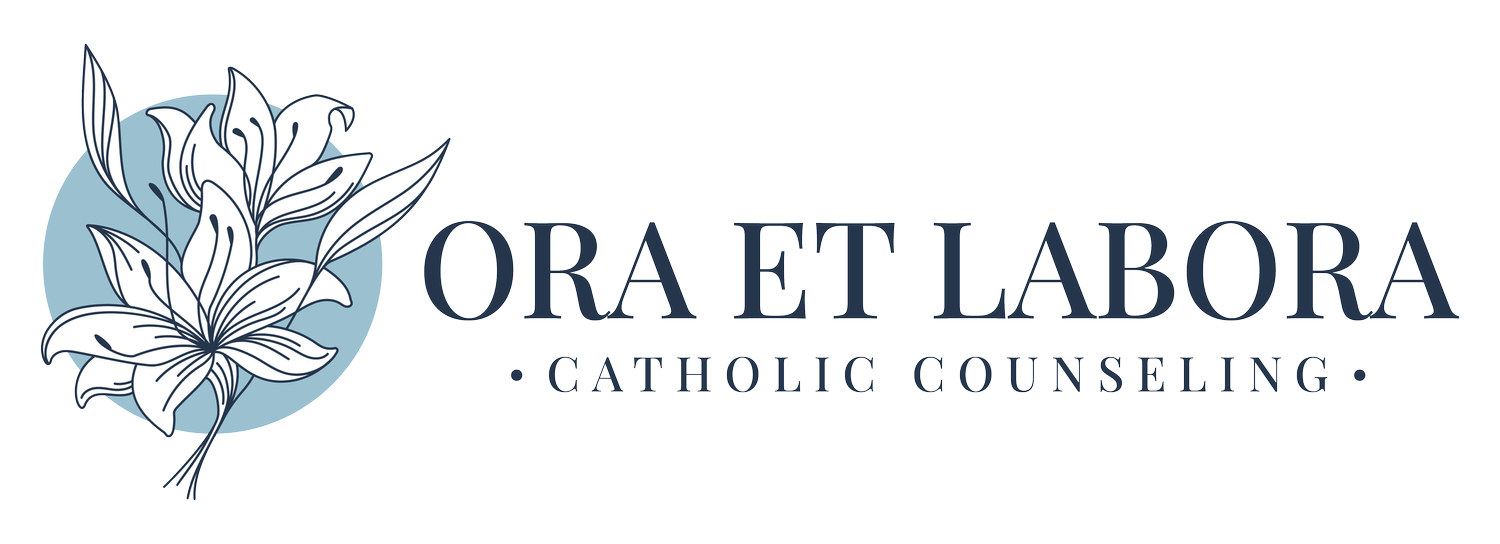
Before getting started
Learn more about your first session & ask questions that can help get you there
A quick guide to determining1
Do you know what you want and need?
It is important to begin with basic goals for therapy. You'll work with your clinician to tailor these and create approachable, realistic steps. Starting with an idea of where you would like to go, as well as being mindful of the strengths and resources you already have at hand, can provide clarity on whether therapy is the best fit for you at this time.
Still unsure of your goals? Schedule a free 15 minute consultation to see what therapy could offer you at this time.
if therapy is right for you:2
Are you prepared to commit to the process?
While every client and situation is different, clients may continue anywhere between a few weeks or 12 months or more, depending on your presenting concern. Consider what you are willing and able to commit to given your time, emotional, and financial flexibility.
Even if you determine that you are not able to commit at this time, you may still be able to move towards your goals by identifying any obstacles towards therapy or discerning a better direction for you here and now while keeping therapy as an option in the future. And, you’re always welcome to meet for a free 15 minute consultation or a one-time intake session to explore what therapy can provide for where you’re at.
3
Are your heart and mind open to change?
Therapy requires a willingness to explore emotions, challenge beliefs, and embrace new perspectives. It demands a commitment to personal growth and an openness to transforming your thoughts, behaviors, and patterns. This work becomes most effective when you approach it with a genuine desire and readiness to embrace change.
Almost ready…
-
Deep breath. Every client has gone through their first session, and it’s okay if you don’t feel like you’ve explained everything or said all that was on your heart and mind.
Reflect on what brought you here at this time and prepare to discuss a general outline of your presenting problem, your history of this problem and symptoms, and any goals you can identify (however simple). Your therapist will guide you through what to expect from your work with them and will give you a chance to ask questions about them and their work.
We’ll get there. Trust the process.
-
In the first meeting together, you and your therapist will briefly review your intake paperwork and clinic policies, review your reasons for coming to therapy, and learn more about your therapist and what they can offer. You can ask questions and discuss a general plan for how to proceed. Your first meeting with your clinician is meant to get an idea of whether you’re ready to commit to the process with this person and at this time, and following sessions will have more time and space to go deeper into conversation and reflection.
In short, the first session is to get a gut sense about whether you feel comfortable with your therapist, how you connect with their style of work, and whether they have experience working with individuals who experience similar concerns as yours.
-
It isn’t uncommon for clients to not find the best fit the first time they go to therapy. It’s very important to find someone you feel comfortable with and that you can trust.
It’s usually a good sign when you feel at ease talking to them, even if you still feel a little uncomfortable talking about your concerns with anyone. A good therapist will provide clear guidance on confidentiality, ethical boundaries, and their areas of competencies. In addition to the practical aspects, the emotional and experiential aspects of therapy can be just as important. Consider the way you feel talking to them, how they respond to your story, and whether they demonstrate a nonjudgmental and genuine approach.
-
Great! It’s fairly common to engage in therapy on and off throughout one’s lifetime, often with both good and not so great experiences throughout.
Whether this is your first session or you’ve lost count, there’s time to explore your current needs as well as your past experiences.
It is always okay to begin again.
